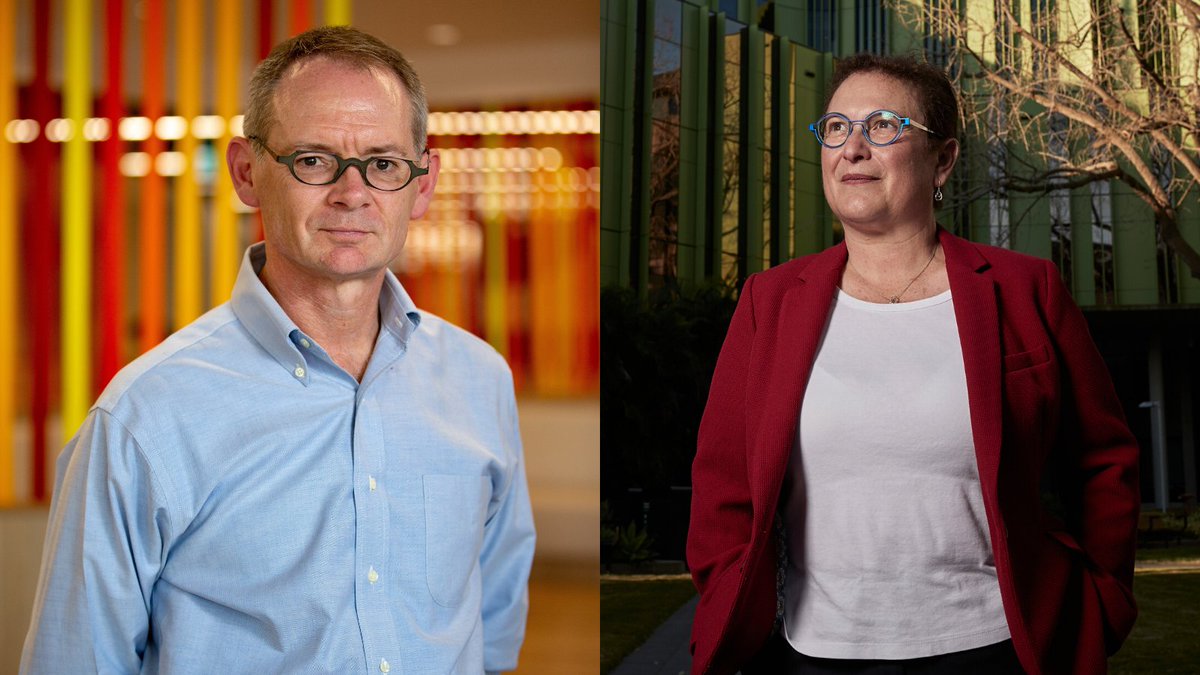2021 ANSTO Eureka Prize for Innovative Use of Technology

An ideas tag team including a cancer cell biologist, a chemist and an engineering start-up has been awarded the 2021 ANSTO Eureka Prize for Innovative Use of Technology for its work developing a 3D bioprinter.
Professor Maria Kallavaris AM (cancer cell biologist) and Professor Justin Gooding (chemist) along with colleagues Dr Julio Ribeiro, Dr Aidan O'Mahony, Dr Robert Utama and Dr Lakmali Atapattu from the University of New South Wales, the Australian Centre for NanoMedicine and the Children’s Cancer Institute, and commercial partner Inventia Life Science Pty Ltd, received the award in recognition of the innovation as a 'game-changer for cancer research and therapeutic development'.
The 3D bioprinter allows cancer researchers to rapidly produce 3D cultures, building more complex in vitro cancer models than ever before.
Instead of labour-intensive 3D cell culturing by hand using pipettes, the bioprinter allows high output cell cultures to be produced with a high degree of control in hours.
It is a tool which stands to have an important impact in diagnostic and research laboratories, transforming the speed and accuracy of tumour analysis and testing drug efficacy for future precision medicine.
'While 3D cell culturing offers vastly enhanced models of cell structures than 2D methods, it remains slow and expensive. This team has developed a breakthrough bioprinting system that can rapidly produce 3D cell structures with unprecedented cell viability and tunability,' the prize citation said.
Professor Maria Kavallaris is founding co-Director of the Australian Centre for NanoMedicine at the University of New South Wales, Head of the Translational Cancer Nanomedicine Theme at the Children’s Cancer Institute and a National Health and Medical Research Council (NHMRC) Principal Research Fellow.
'Inventia Life Science was a start-up based on the engineering side of things, Justin Gooding is a chemist by training and worked on the bio-inks, and we did the cancer biology, developing the models and characterising them. It was a great team effort,' says Professor Kavallaris.
Professor Kavallaris had known Dr Julio Ribeiro, now CEO of Inventia Life Science, for many years.
'Having someone up front with the idea of building a printer for biology and as a cancer researcher, recognising its potential to be used in many applications, made it an exciting prospect to get involved in,' she says.
The Eureka Prize recognises a highly successful collaboration which has realised the vision to grow human tumours and been able to screen them against hundreds of drugs to identify the right treatment for the right patient.
'This went from an idea to an incredible collaboration between cancer biology, chemistry and engineering,' she says.
'As a cancer survivor and researcher, I am excited that the ability to identify drugs that work and avoid unnecessary treatments has great potential to improve outcomes for both childhood and adult cancers.'
The recognition comes on the cusp of the end of an NHMRC grant to develop the cell culture inks for the printer and an Investigator Grant to test biomarkers in cancer cells and how they respond to drugs using the printer.
Professor Kavallaris is lead investigator on a $7 million NHMRC Program Grant with Professor Gooding.
The five-year research program commenced in 2016 and is just coming to an end. They worked on precision nanomedicine-based diagnostics and therapeutics for refractory malignancies, setting out to develop new approaches to diagnose and treat cancers that currently have poor outcomes.
Scientia Professor Justin Gooding is currently an NHMRC Leadership Fellow and also a founding co-director of the Australian Centre for NanoMedicine.
'Biology has lots of natural variants. To test the important parameters one need lots of them for relevant data. That’s why the printer is so important,' he says.
'I’m a chemist that develops technologies for biomedical research, not a cancer biologist. I need to make sure I collaborate with cancer researchers to ensure I make the best research decisions for the end biomedical application.
'The printer will allow us to do really cutting-edge science that we’ve never been able to do before.'
Professor Gooding also acknowledges Dr Ribeiro.
'The key to this was the CEO (of Inventia Life Science) who had the vision and wanted to make a printer for 3D cell cultures,' says Professor Gooding.
'What we have achieved would not have been possible if we were not part of a great team from both industry and academia that worked in a really integrated way towards a common vision.'
In addition to early start-up funding, Professor Gooding received an ARC Linkage Grant to enable the collaboration with Inventia Life Science and develop the inks for the bioprinter.
Professor Gooding is now using the 3D printer in research supported by his $3.76 million Investigator Grant awarded in 2020, where he is looking at biomarkers released from cancer cells that will assist in early cancer detection and better cancer treatment.
The collaboration continues with Professor Kavallaris.
They agree that the technology has enormous potential for personalising cancer treatment.